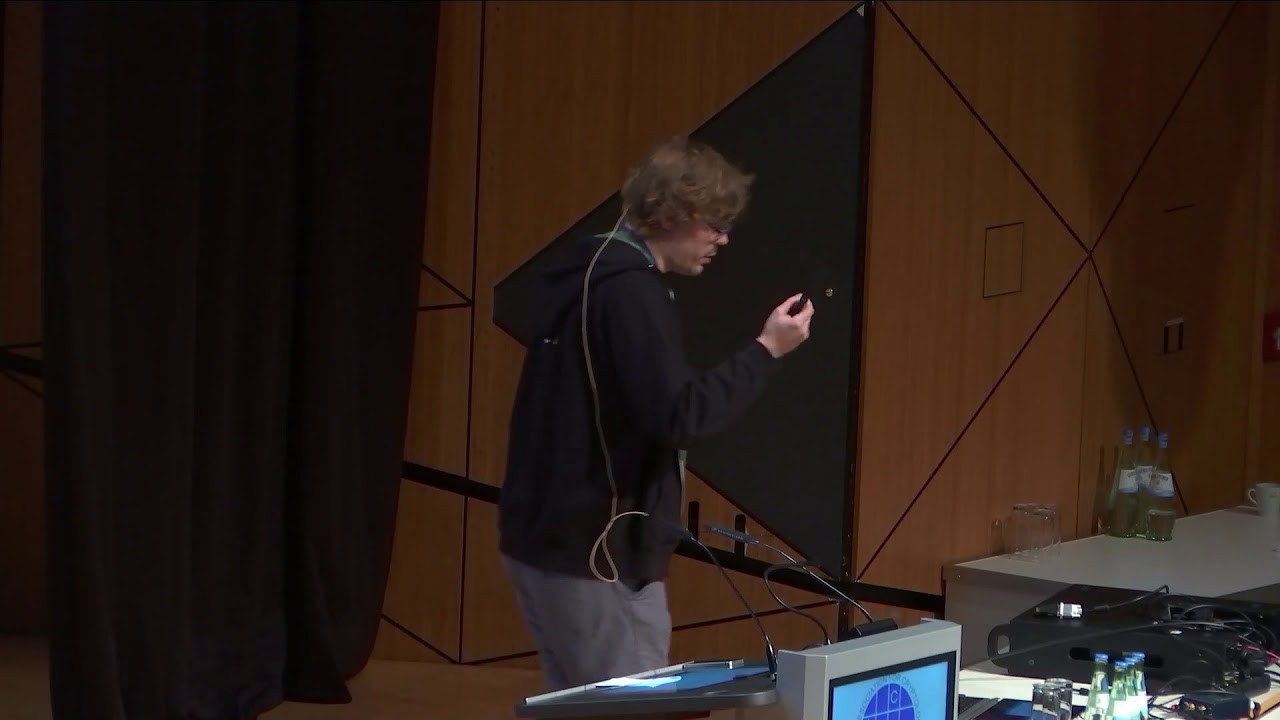Welcome to the resource topic for 2017/357
Title:
Continuous Non-Malleable Codes in the 8-Split-State Model
Authors: Divesh Aggarwal, Nico Dottling, Jesper Buus Nielsen, Maciej Obremski, Erick Purwanto
Abstract:Non-malleable codes (NMCs), introduced by Dziembowski, Pietrzak and Wichs~\cite{DPW10}, provide a useful message integrity guarantee in situations where traditional error-correction (and even error-detection) is impossible; for example, when the attacker can completely overwrite the encoded message. NMCs have emerged as a fundamental object at the intersection of coding theory and cryptography. In particular, progress in the study of non-malleable codes and the related notion of non-malleable extractors has led to new insights and progress on even more fundamental problems like the construction of multi-source randomness extractors. A large body of the recent work has focused on various constructions of non-malleable codes in the split-state model. Many variants of NMCs have been introduced in the literature i.e. strong NMCs, super strong NMCs and continuous NMCs. The most general, and hence also the most useful notion among these is that of continuous non-malleable codes, that allows for continuous tampering by the adversary. We present the first efficient information-theoretically secure continuously non-malleable code in the constant split-state model, where there is a self-destruct mechanism which ensures that the adversary loses access to tampering after the first failed decoding. We believe that our main technical result could be of independent interest and some of the ideas could in future be used to make progress on other related questions.
ePrint: https://eprint.iacr.org/2017/357
Talk: https://www.youtube.com/watch?v=0LlIZCT2c0U
See all topics related to this paper.
Feel free to post resources that are related to this paper below.
Example resources include: implementations, explanation materials, talks, slides, links to previous discussions on other websites.
For more information, see the rules for Resource Topics .
